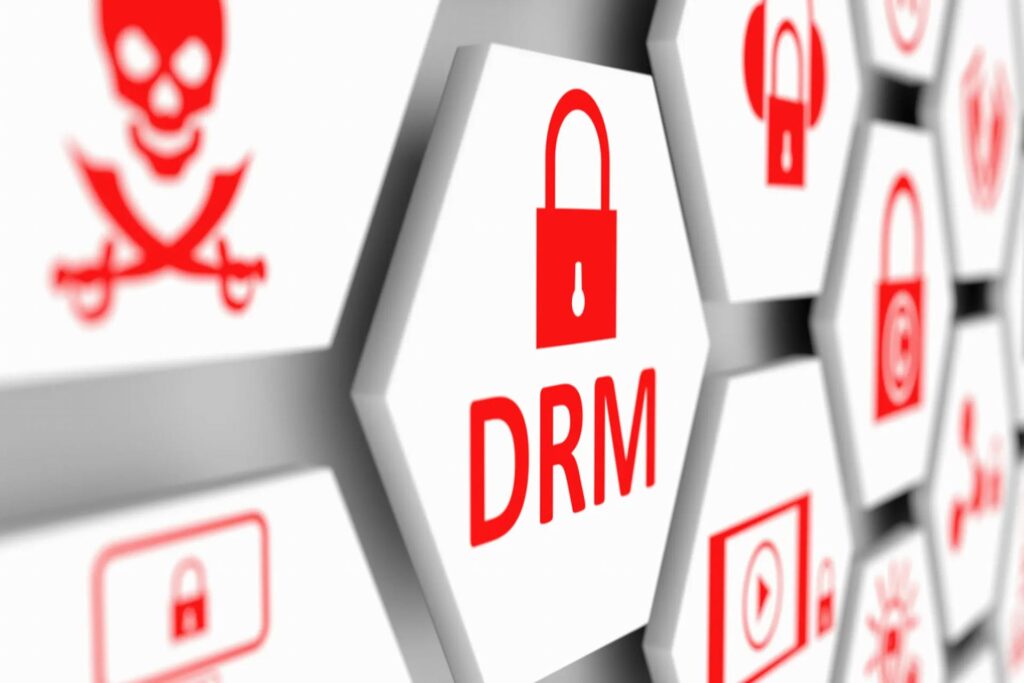Social media has transformed the way we communicate and interact with each other, but it has also had a significant impact on piracy and anti-piracy efforts. Social media platforms have made it easier than ever for users to share and access pirated content, leading to a rise in copyright infringement cases.
On the other hand, social media has also become a powerful tool for anti-piracy efforts. Organizations can use social media to educate users about the dangers of piracy and the importance of respecting copyright laws. They can also use social media to identify and track down copyright infringers, especially those who use social media platforms to promote their illegal activities.
One of the ways social media has contributed to piracy is through the use of hashtags. Hashtags are used to categorize content and make it easier to search for specific topics on social media platforms. However, this feature has also been used to promote and share pirated content. For example, a user can easily find and share a movie or TV show by using a specific hashtag associated with that content.
Social media platforms & DRM have also become a breeding ground for pirated live streaming events. Many users use social media platforms to stream live events such as sports games, concerts, and award shows without proper licensing. This not only deprives the rightful owners of their revenue but also puts the users themselves at risk of legal action.
On the other hand, social media can also be a powerful tool for anti-piracy efforts. Organizations can use social media to promote legal sources of content and educate users about the risks and consequences of piracy. They can also use social media to identify and track down copyright infringers, especially those who use social media platforms to promote their illegal activities.
In recent years, social media platforms have also started to take a more active role in preventing piracy. Many platforms have implemented automatic content recognition technologies that can detect and remove copyrighted content from their platforms. Social media platforms have also implemented policies that prohibit users from sharing pirated content and have increased their efforts to monitor and remove infringing content.
In conclusion, social media has had a significant impact on piracy and anti-piracy efforts. While it has made it easier for users to access and share pirated content, it has also provided a platform for anti-piracy organizations to educate users and identify copyright infringers. As social media continues to evolve, it will be interesting to see how it will continue to shape the landscape of piracy and anti-piracy efforts.
One of the most obvious impacts of piracy on the entertainment industry is the loss of revenue. When people pirate content, they are not paying for it, which means that the creators and distributors of that content are losing potential revenue. This loss can be significant, with some estimates suggesting that the entertainment industry loses billions of dollars each year due to piracy.
When revenue is lost due to piracy, it can lead to job losses within the entertainment industry. This can include everyone from musicians to actors to production staff. If a movie or album does not generate enough revenue due to piracy, it may not be financially viable to continue making similar content, which can lead to layoffs and unemployment.
Piracy can also have an impact on the quality of content that is produced. When revenue is lost due to piracy, it can be more difficult for creators and distributors to invest in high-quality production and marketing. This can lead to lower-quality content being produced, which can ultimately lead to fewer people being interested in consuming that content Piracy has had a significant impact on the entertainment industry, affecting everything from music to movies to video games. In this article.

